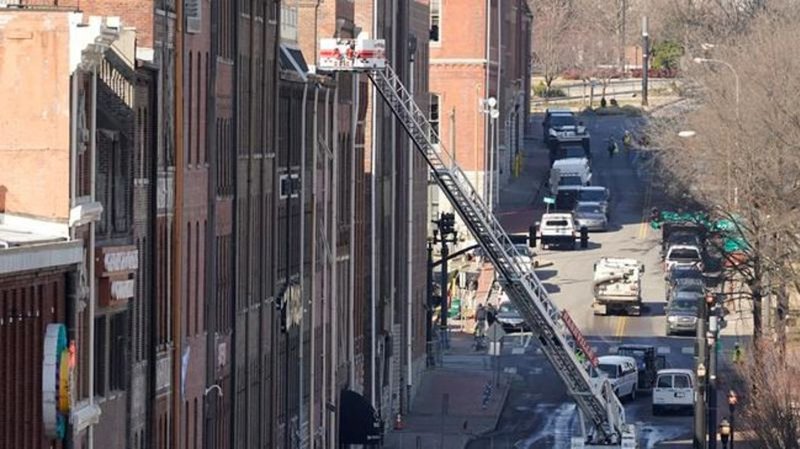
Nashville bomber left hints of trouble, but motive elusive
NASHVILLE — In the days before he detonated a bomb in downtown Nashville on Christmas, Anthony Quinn Warner changed his life in ways that suggest he never intended to survive the blast that killed him and wounded three other people.
Warner, 63, gave away his car, telling the recipient that he had cancer. A month before the bombing, he signed a document that transferred his longtime home in a Nashville suburb to a California woman for nothing in return. The computer consultant told an employer that he was retiring.
But he didn’t leave behind a clear digital footprint or any other obvious clues to explain why he set off the explosion in his parked recreational vehicle or played a message warning people to flee before it damaged dozens of buildings and knocked out cellphone service in the area.
While investigators tried to piece together a possible motive for the attack, a neighbour recalled a recent conversation with Warner that seemed ominous only in hindsight.
